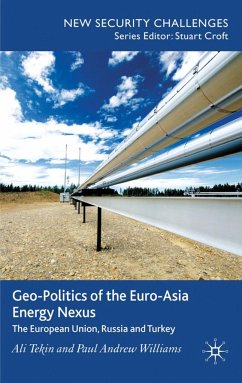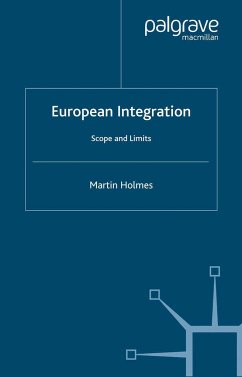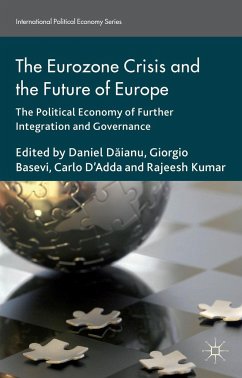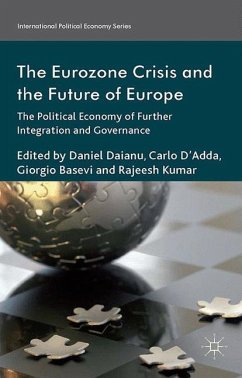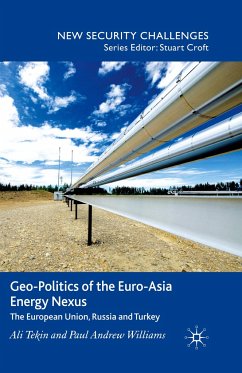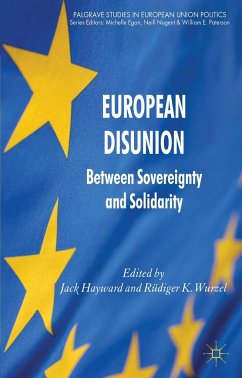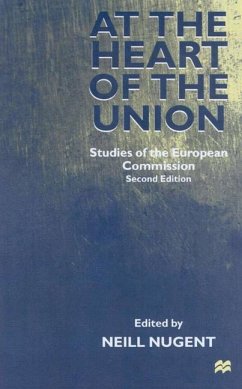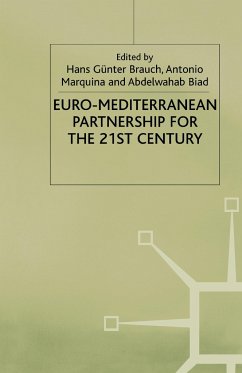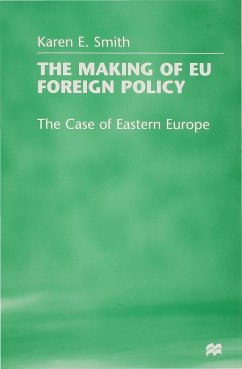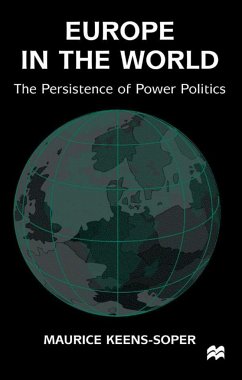
Redrawing the Map of Europe
Versandkostenfrei!
Versandfertig in 6-10 Tagen
46,99 €
inkl. MwSt.

PAYBACK Punkte
23 °P sammeln!
The author offers and integrated analysis of current economics, politics and international relations in the context of Europe's geographic, cultural, and linguistic identities, confronting the two strategic issues for Europe in the early twenty first century, namely how to ensure the success of the Euro, and how to stabilise the wider Europe.
Michael Emerson draws on a rare experience of Europe's new political and economic structures - from Brussels to Moscow - to explain Europe's contradictory tendencies towards both integration and conflict. He confronts the two strategic issues for the Europe of the early 21st century: how to ensure success for the Euro and how to stabilise the wider Europe with a strong structure for EU-Russian relations. He draws distinctions between the different Europes - geographic Europe, the European Union, 'Security Europe' (based around NATO) and the emerging 'Civil Europe'. The author argues that 'Civil Europe' could be the basis of a new European golden age, and outlines the far-reaching institutional and cultural changes required to achieve this.



